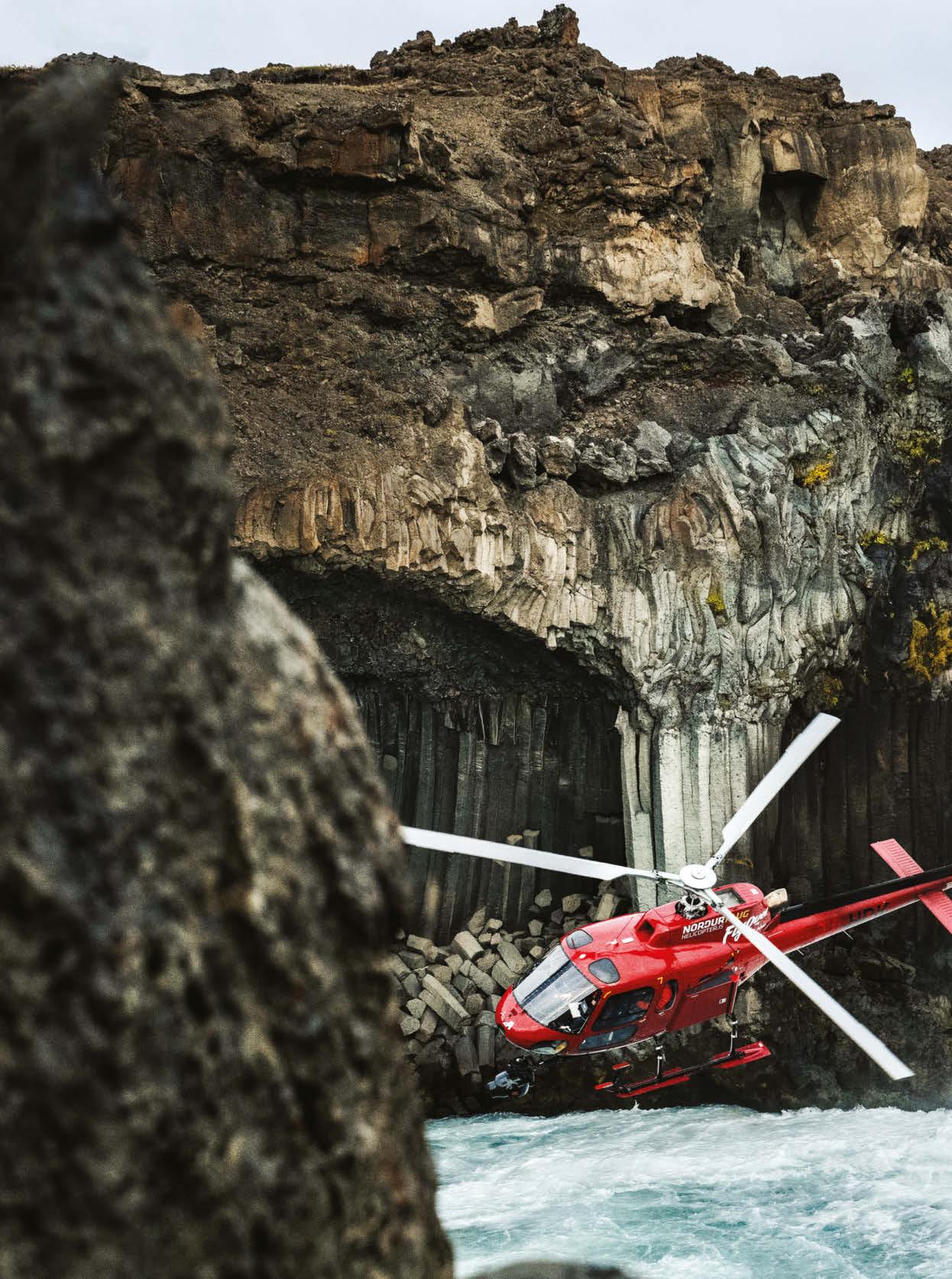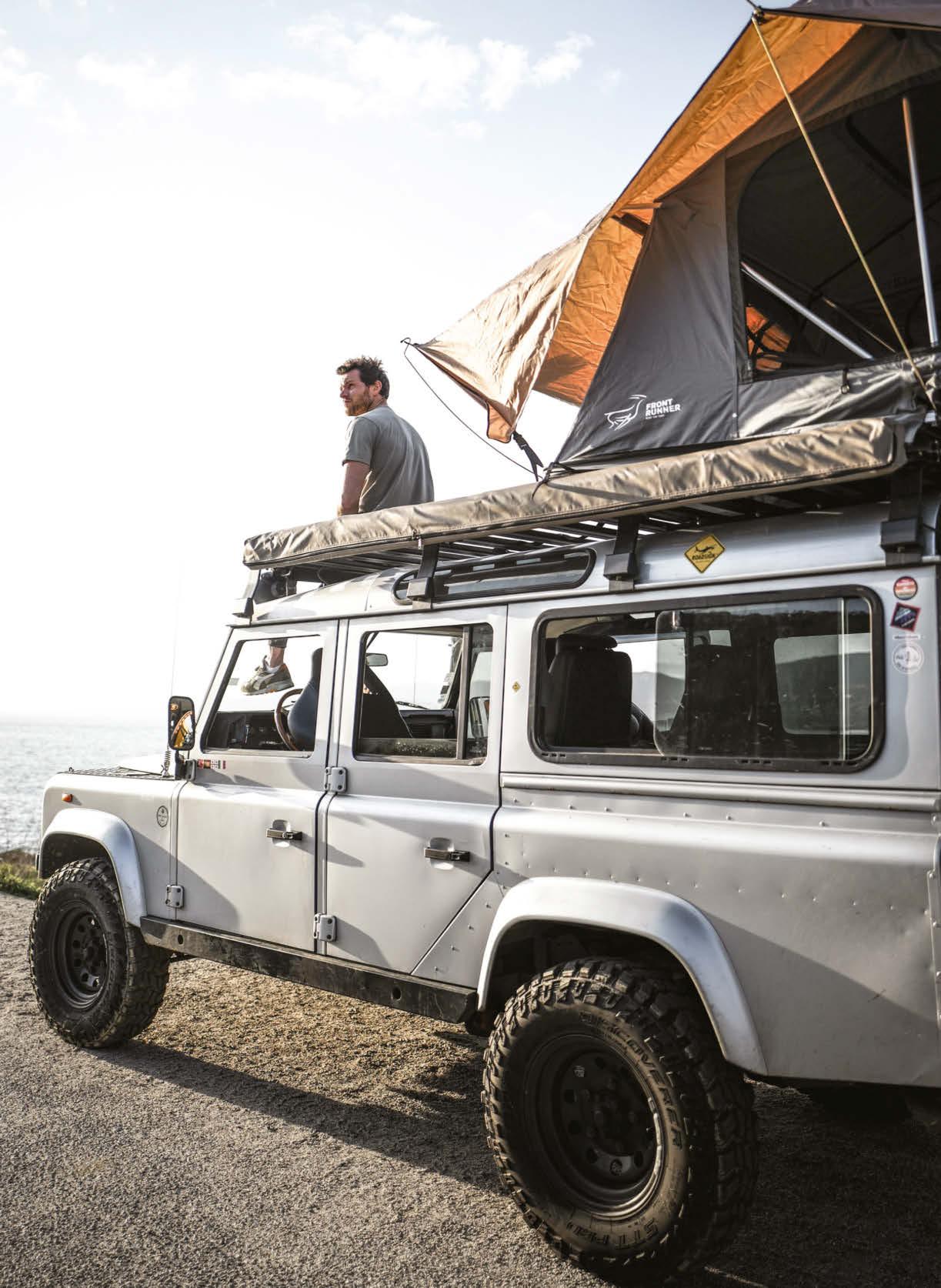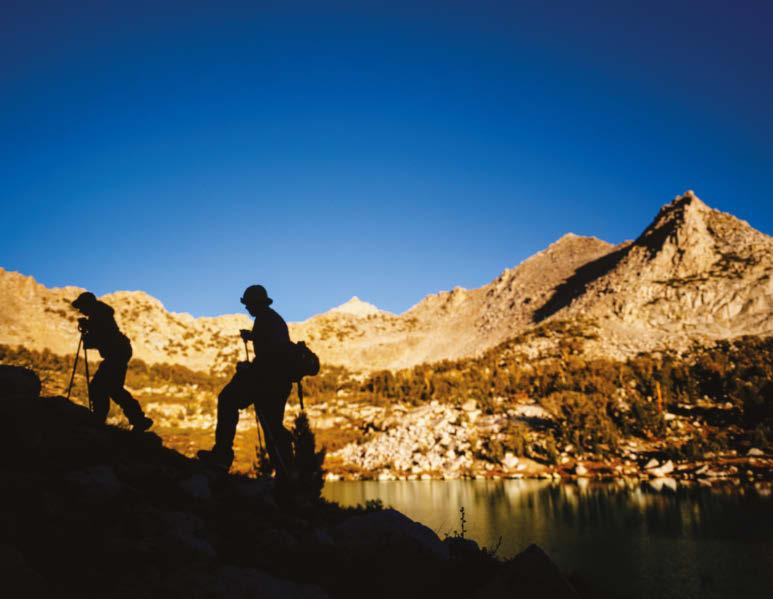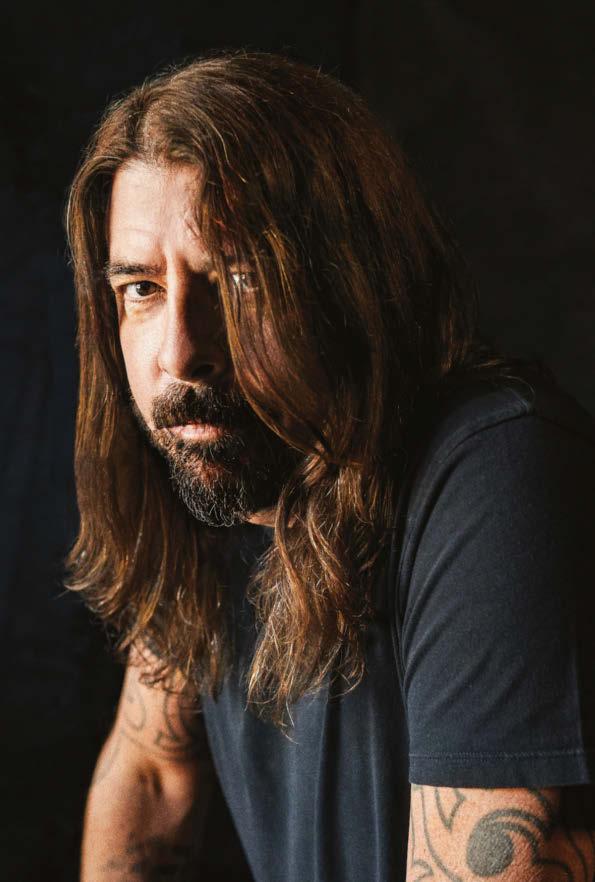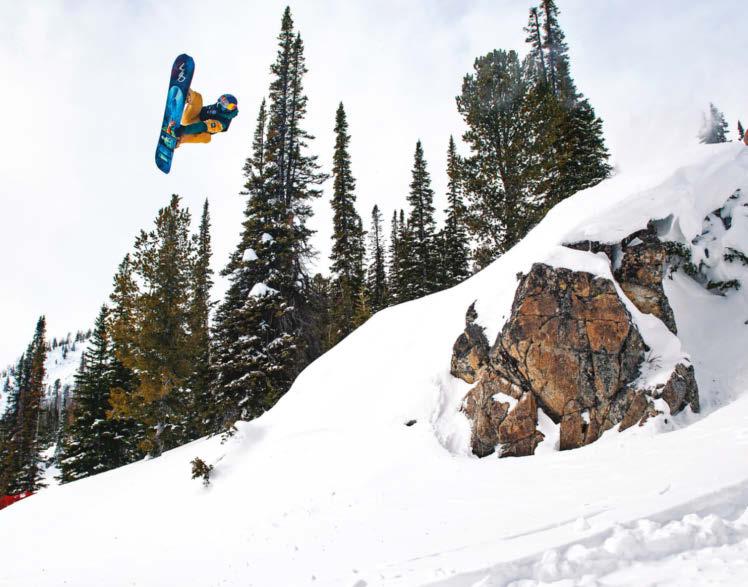
4 minute read
Navajo Verna Volker brings Native women together
THE
TIME TO RUN
Navajo Verna Volker is bringing Indigenous women together through running—and raising awareness against abuse.
Verna Volker was photographed on the Stone Arch Bridge in downtown Minneapolis on February 6, 2021.
“It’s a space for Native women to feel like they belong in the running community,” Volker says of Native Women Running.
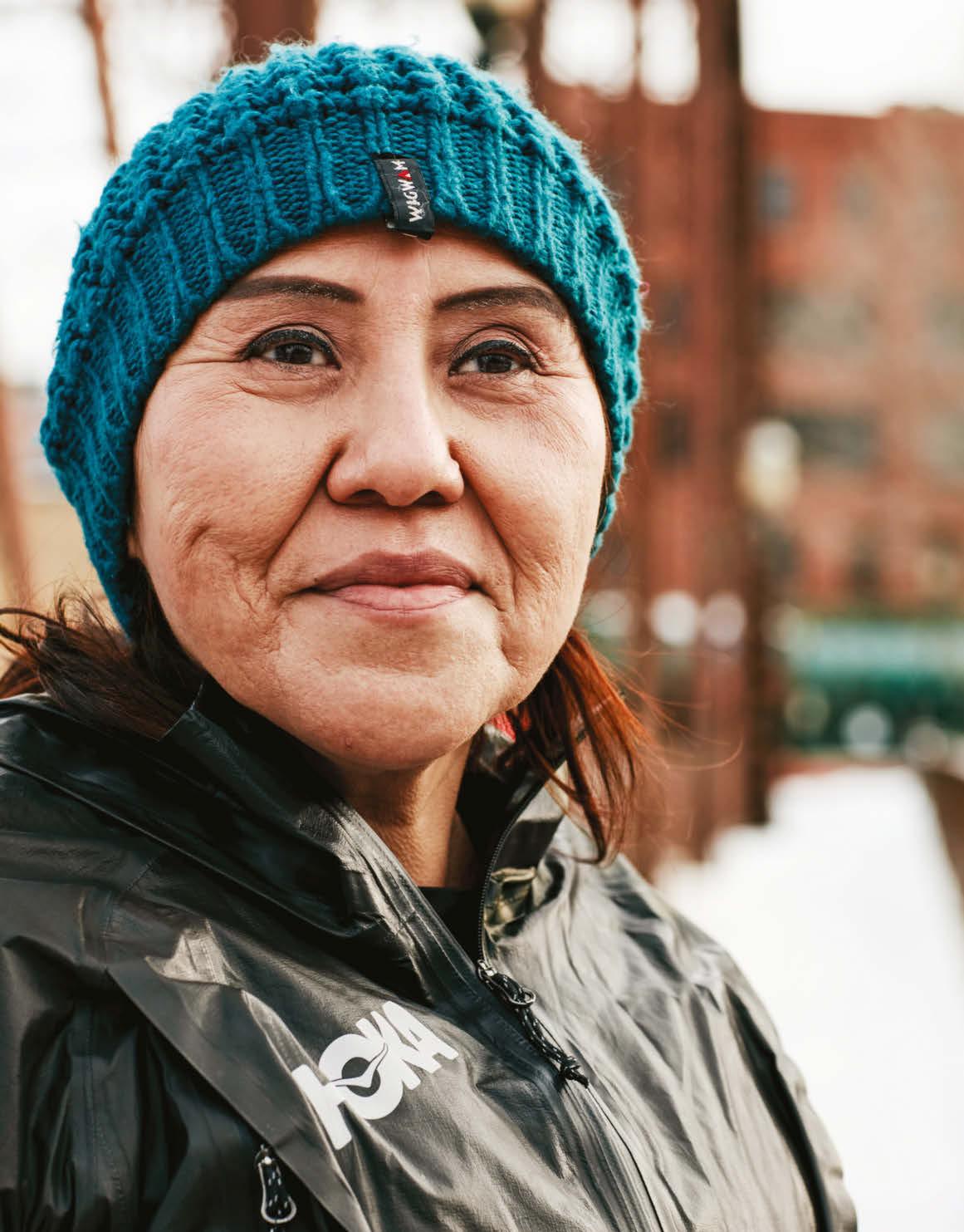
After a quick scroll on Instagram, one thing is clear: It’s a whitewashed highlight reel. Or at least that’s how Verna Volker felt in 2016, when she made the leap from Twitter and migrated to the popular photo-sharing platform.
Volker, a 48-year-old Navajo mother of four now based in the Twin Cities, had long enjoyed Twitter’s running community by participating in virtual challenges. But when she moved over to Instagram, she quickly realized that Native runners weren’t represented. It’s not that Indigenous runners didn’t exist; she knew they did. But there was barely any visibility on social media—or any kind of media, for that matter.
“Instagram’s main page was all these really fit, beautiful white women running,” Volker says. “I just couldn’t see myself like that. I couldn’t ever relate to any of them.”
She kept culling through podcasts, magazines and fitness ads in search of any type of Indigenous visibility. When she found little to none, she decided to take matters into her own hands. In January 2018 she founded Native Women Running, an online community dedicated to highlighting and engaging Indigenous female runners.
“It’s a space for Native women to feel like they belong in the running community,” Volker says. “It’s also become a place where I want to bring positivity to our women in a world where we have to defend ourselves against oversexualized Halloween costumes and mascot names.”
Three years later, Native Women Running (NWR) has amassed more than 18,000 followers on Instagram and 7,400 on Facebook. As the community grows, Volker and other members continue to share their running-related stories. In particular, many NWR members use running as a means to heal from the abuse and trauma so prevalent in their communities: According to a Department of Justice report, 84 percent of American Indian and Alaska Native women have experienced violence at some point in their lifetime. More than half of Indigenous women have suffered from sexual assault.
While those numbers are staggering, the data only gets worse. In some counties, Native women face murder rates that are 10 times higher than the national average. In 2016, the National Crime Information Center reported 5,712 cases of missing Indigenous women (even though a mere 116 were logged into the Department of Justice’s database). Because of this, Missing and Murdered Indigenous Women (MMIW) has become both a human rights crisis and full-scale movement in the United States.
“This is something that every Native woman is a part of,” Volker says. “Even if we’re not from the same tribe, we’re all sisters and we all bear each other’s trauma.”
In 2019, Volker and NWR decided to do something more to support MMIW. Rather than participate in a march, NWR hosted its first annual virtual run, in an effort to honor the missing women and children. The inaugural event took place on May 5 to coincide with the National Day of Awareness for the Missing and Murdered Native Women and Girls.
“I wanted to create something that every woman and every Native person could be a part of, wherever they are—by just stepping out their door and running in honor of our women,” Volker explains.
First, she connected with Dirk Whitebreast, the founder of Red Earth Running, which is the first Native-owned running company. Whitebreast offered to help Volker make T-shirts for purchase prior to the virtual run, with a portion of proceeds going to the Urban Indian Health Institute, a division of the Seattle Indian Health Board, which decolonizes data for Indigenous people. Volker was thrilled by the response of her community.
“We had people running all over the world, as far away as Australia, and they all were sharing their stories on social media,” she remembers.
Since the inaugural event, the MMIW Virtual Run continues to grow. While the 2020 event was changed to a virtual vigil due to COVID-19, the virtual run returns in May. This year, NWR is partnering with Missing and Murdered Indigenous Women USA, an organization dedicated to returning the missing women and supporting their families through the grieving process.
Ultimately, Volker wants runners to feel pride in their ancestry and remember that Native women have been running on this land for thousands of years. “It’s important for my women to know where they’re running and give acknowledgment to that land,” she says. “For us, it helps us feel even closer to who we are as Indigenous people.” —Heather Balogh Rochfort



